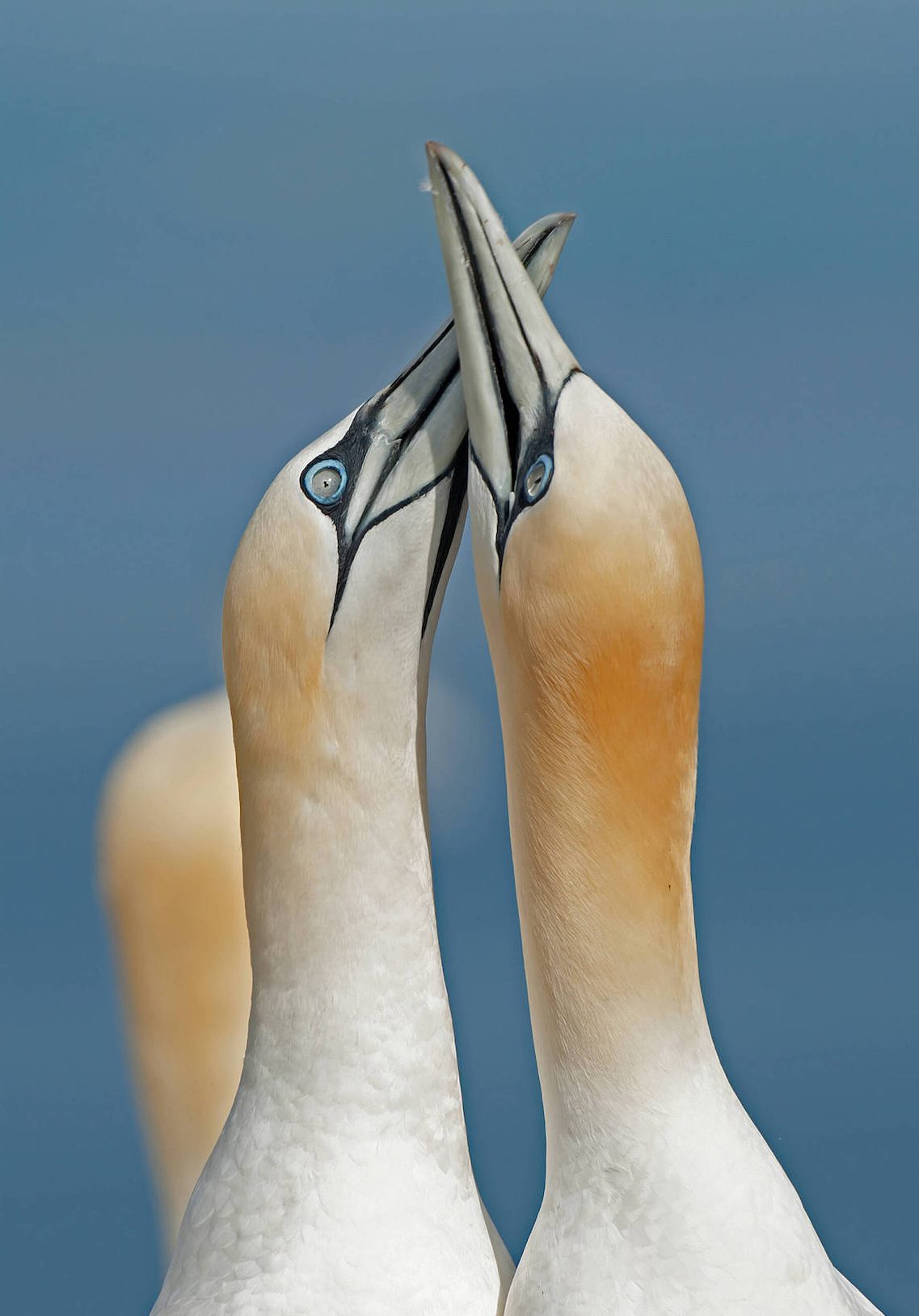According to estimates, almost 90% of seabirds have plastic in their stomachs. When they are not killed by ingestion, plastic threatens their survival and affects their habitats and their reproduction.
Within the context of the fight against marine pollution, the LIFE SeaBiL Project “Saving SeaBirds from marine Litter” intends to evaluate and reduce the impact of plastic pollution on seabirds. The project involves 5 pilot sites in 3 countries:
 © Jean-Paul Leau
© Jean-Paul Leau
To counter the lack of available data, the LIFE SeaBil Project will set up a transnational monitoring network for stranded birds’ collection and storage in rehabilitation centers. The establishment of a tissue bank will provide analysis of collected stranded birds to identify indicator species of good ecological status for seabirds and our coastlines. A monitoring tool for stranded seabirds and marine litter will be made available to the public and will provide data at both national and transnational levels.
Furthermore, this project will intend to improve beach cleaning actions that are supposed to combat the spread of litter and protect the oceans but paradoxically impact shorebirds through nest trampling and disturbance. To address this issue, managers and organizers of beach clean-ups will receive training courses so they can change their practices and use project tools for better awareness of the ground-nesting shorebirds during cleaning actions.
More generally, LIFE SeaBil Project will focus on optimizing the management and prevention of waste in Natura 2000 areas. The implementation of marine litter monitoring protocols and regional diagnosis in the three target countries will improve the identification of plastic waste sources and will help fight against this scourge.
Finally, through this project, the beneficiaries will lead actions to raise awareness amongst the general public on the issue of marine litter and seabirds in Natura 2000 areas, by including schools and elaborating informative tools.